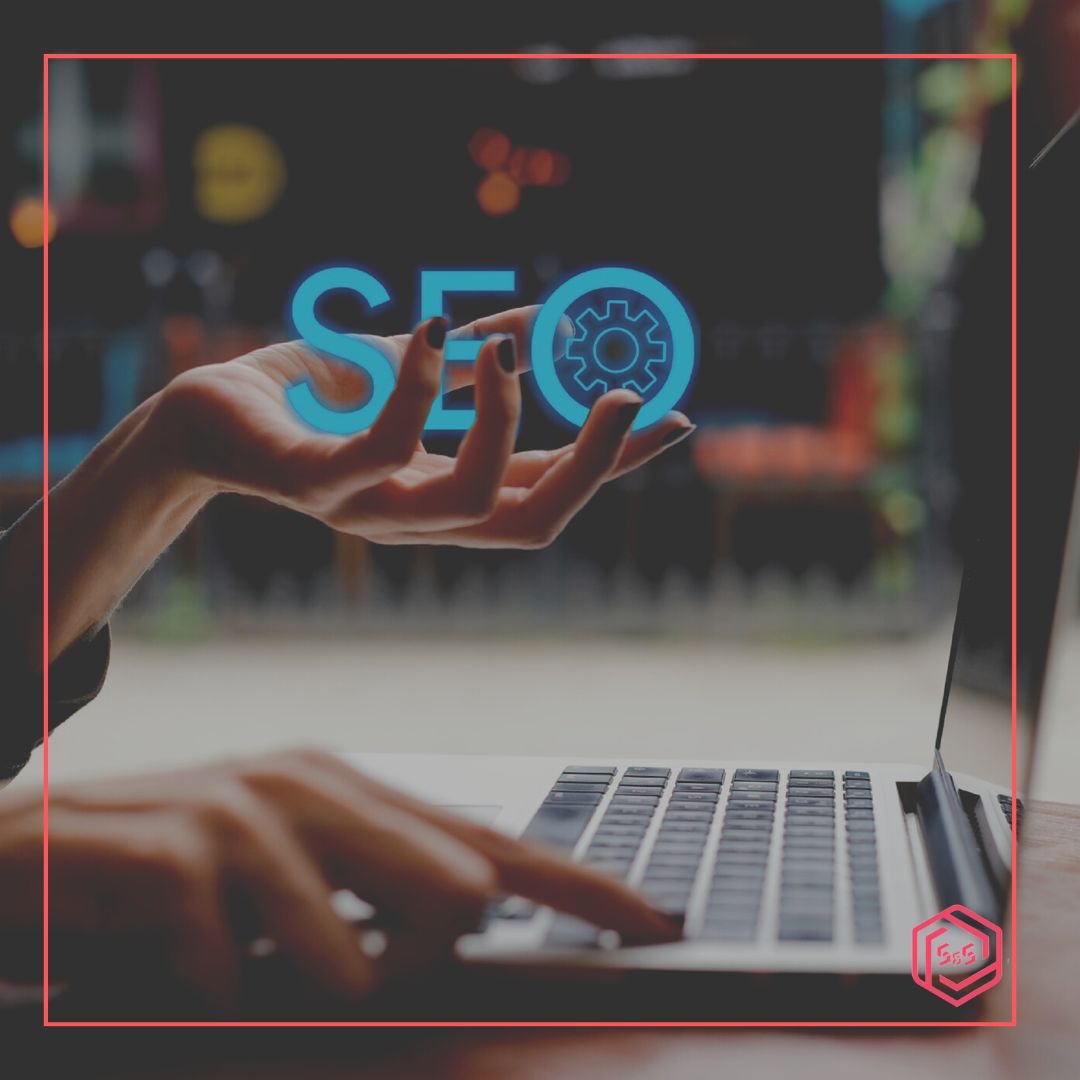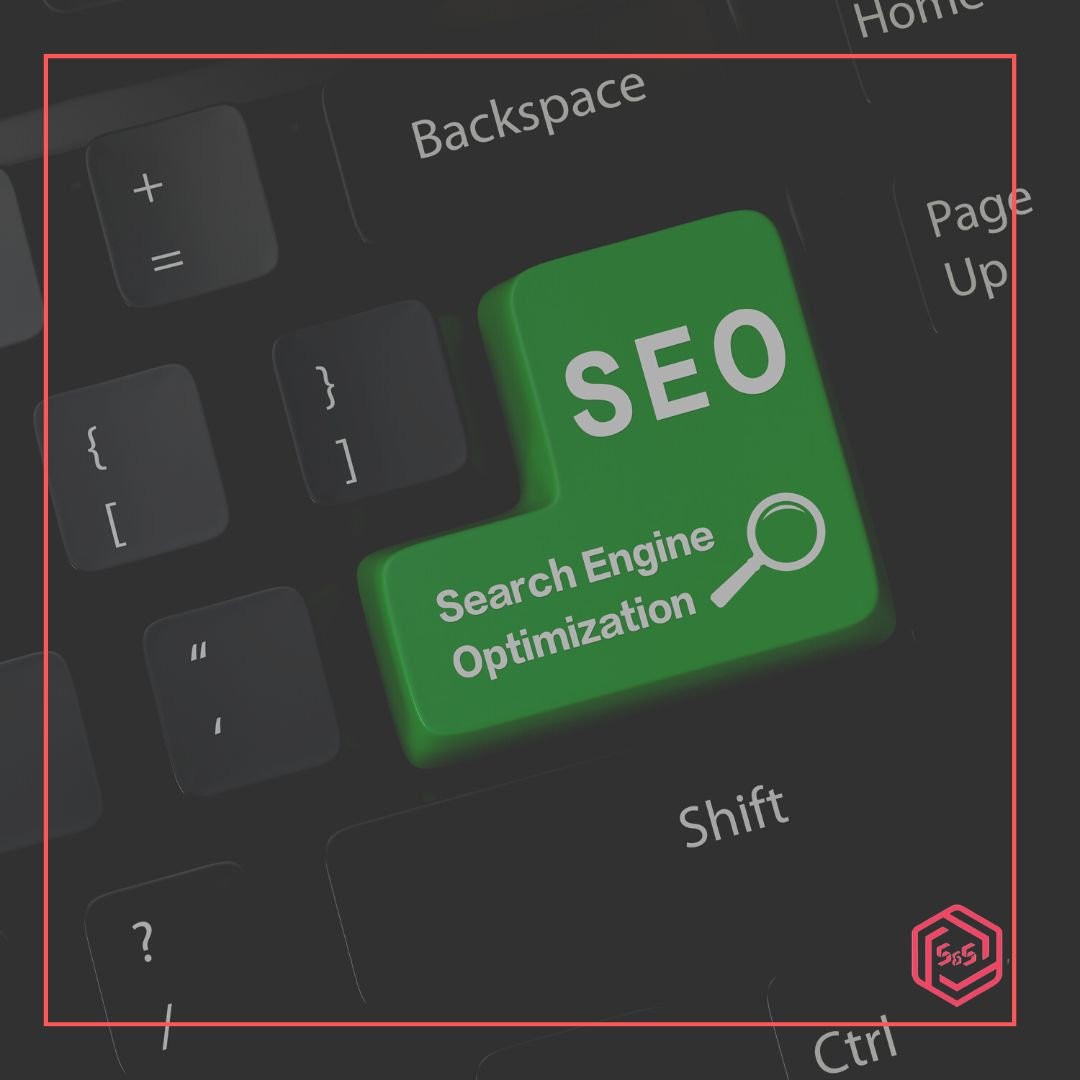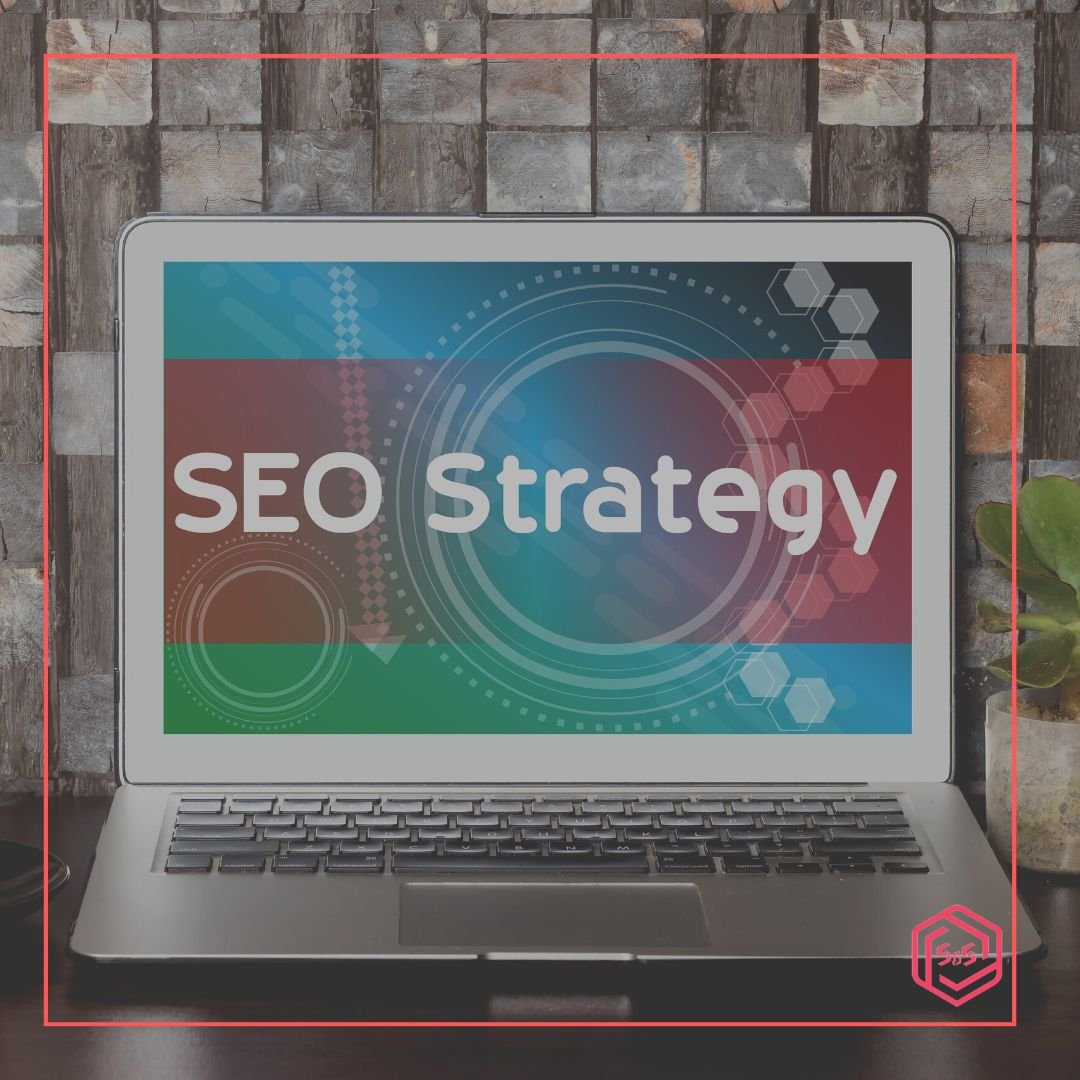
What is Local SEO, and How Does It Work?
Local SEO (Search Engine Optimization) is the practice of optimizing a website or online presence to rank higher in local search results. It is the process of optimizing a website and its content to improve visibility in search engine results pages (SERPs) for local search queries.
Local SEO works by optimizing a website's content, structure, and online presence to make it more relevant and visible to local searchers. This includes optimizing the website's title tags, meta descriptions, content, and images for local keywords and phrases that people use when searching for local businesses. It also involves optimizing the website's business listings and citations on local directories and search engines like Google My Business, Bing Places for Business, and Yahoo Local.
To optimize for local SEO, businesses need to ensure that their website and online presence are accurately represented across all local directories and search engines. This includes creating and claiming a Google My Business listing, optimizing website content for local search queries, and building high-quality backlinks to the website. By doing so, businesses can increase their online visibility and improve their chances of ranking higher in local search results, driving more traffic and customers to their business.
What is the Difference Between SEO and Local SEO?

SEO (Search Engine Optimization) and Local SEO are both related to optimizing a website's visibility in search engine results pages (SERPs). However, the main difference between the two is that SEO focuses on improving the visibility of a website globally or nationwide, while local SEO is focused on optimizing a website's visibility for a specific geographic location, such as a city or region.
SEO involves optimizing a website's content, structure, and online presence to rank higher in search engine results pages (SERPs) for relevant keywords and phrases. This includes optimizing the website's content, meta tags, and images, as well as building high-quality backlinks to the website.
On the other hand, Local SEO involves optimizing a website's content and online presence to improve visibility for local search queries. This includes creating and optimizing local business listings, such as Google My Business, Bing Places, and Yelp, as well as building local citations and backlinks. Local SEO also involves optimizing the website's content for local keywords and phrases that people use when searching for businesses in a specific location.
The main goal of local SEO is to make it easier for people to find local businesses online and increase foot traffic to physical locations, while the goal of SEO is to improve the visibility and ranking of a website on a national or global scale.
What are Types of Local SEO?

There are several types of local SEO strategies that businesses can use to improve their visibility in local search results. Here are some of the most common types of local SEO:
Local keyword optimization: This involves optimizing website content and meta tags for local keywords and phrases that people use when searching for businesses in a specific location.
Google My Business optimization: This involves creating and optimizing a Google My Business listing to appear in Google's local 3-pack, which is a listing of the top three local businesses for a specific search query.
Local directory listings: This involves creating and optimizing business listings on local directories and review sites such as Yelp, Bing Places, and Facebook.
Location pages: This involves creating location-specific pages on a website that target local search queries and provide information about the business's location, products, and services.
By implementing these local SEO strategies, businesses can increase their visibility in local search results, attract more local customers, and drive more foot traffic to their physical locations.
Who Needs Local SEO?

If your business relies on local customers to generate revenue, then local SEO should be a key component of your digital marketing strategy. By optimizing your website and online presence for local search, you can improve your visibility in search engine results pages (SERPs) and attract more local customers to your business.
Some examples of businesses that can benefit from local SEO include:
- Restaurants and cafes
- Retail stores
- Real estate agents
- Medical clinics and hospitals
- Legal services
- Home services such as plumbers, electricians, and HVAC technicians
- Beauty salons and spas
- Auto repair shops and dealerships
- Event venues
- Educational institutions
Overall, any business that serves a specific geographic area should consider investing in local SEO to increase their visibility and attract more local customers.
How To Optimize Your Business for Local SEO.

Some tips to help you optimize your business for local SEO:
Claim your Google My Business listing: Google My Business is a free tool that lets you manage how your business appears on Google Search and Maps.
Optimize your website for local search: Make sure your website includes your business name, address, and phone number (NAP) on every page. Use local keywords throughout your website, including in your page titles, meta descriptions, and content.
Get listed in online directories: Listing your business in online directories such as Yelp, Yellow Pages, and TripAdvisor can help improve your local SEO.
Build local backlinks: Getting links from other local businesses, organizations, and websites can help boost your local SEO.
Use location-based keywords: Include keywords related to your location in your website content, such as city or state names, landmarks, or neighborhood names.
Get reviews: Positive reviews on Google My Business, Yelp, and other review sites can help improve your local SEO.
Create local content: Create content that is relevant to your local audience, such as blog posts about local events, attractions, or news.
Local SEO Tools.

There are several tools available to help you optimize your local SEO. Here are some of the most popular ones:
Google My Business: As mentioned earlier, Google My Business is a free tool that lets you manage how your business appears on Google Search and Maps. It's an essential tool for local SEO, and you can use it to add business information, photos, posts, and reviews.
Moz Local: Moz Local is a tool that lets you manage your business listings across multiple directories and platforms. It ensures that your business information is accurate and consistent across all directories, which is crucial for local SEO.
SEMrush: SEMrush is an all-in-one SEO tool that offers features such as keyword research, backlink analysis, and competitor analysis. It can also help you track your local search rankings and identify local keywords.
Whitespark: Whitespark is a tool that specializes in local SEO, offering features such as citation building, local rank tracking, and review management. It can help you improve your local SEO by building accurate citations and managing online reviews.
These are just a few of the many local SEO tools available. By using these tools, you can optimize your local SEO and improve your business's visibility in local search results.
Local SEO Strategy for Multiple Locations.

If your business has multiple locations, you'll need to develop a local SEO strategy that takes into account each location's unique characteristics. Here are some tips to help you develop a local SEO strategy for multiple locations:
Create individual landing pages for each location: Create a unique landing page for each location that includes its name, address, phone number, business hours, and other relevant information. Make sure the content on each page is unique and reflects the specific services, products, or offerings at that location.
Optimize your website for local search: Use location-based keywords throughout your website, including in your page titles, meta descriptions, and content. Ensure your website is mobile-friendly and has a fast loading time. Include a store locator or map on your website that lists all your locations.
Claim and optimize your Google My Business listings: Claim and verify your Google My Business listing for each location and optimize each one by adding accurate and up-to-date information, such as business hours, photos, and descriptions.
Encourage customers to leave reviews, and respond to all reviews, both positive and negative.
Build local backlinks for each location: Get links from other local businesses, organizations, and websites specific to each location. Reach out to local publications, bloggers, and influencers to see if they will link to your website.
Use paid search campaigns: Use location-specific paid search campaigns to target potential customers in each location. This can help you reach customers searching for your products or services in a specific area.
Monitor and track your results: Use local SEO tools to monitor and track your local search rankings, traffic, and engagement for each location. Analyze the data to see what's working and what's not, and adjust your strategy accordingly.
By developing a local SEO strategy for each of your business locations, you can improve your visibility in local search results and attract more customers to each location.
Do Reviews Impact Local SEO Rankings?

Yes, reviews can have a significant impact on local SEO rankings. Here's how:
Google algorithm: Google's algorithm takes into account various factors when determining local search rankings, including the quantity and quality of online reviews. Positive reviews can help boost your local SEO rankings, while negative reviews can hurt them.
Local pack: When users perform a local search, Google displays a local pack that lists the top three local businesses that match the search query. The businesses listed in the local pack are determined by Google's algorithm, which considers various factors, including reviews.
Click-through rate: Positive reviews can increase your click-through rate (CTR) by making your business listing stand out in local search results. Higher CTR can signal to Google that your business is more relevant to the search query, which can improve your local SEO rankings.
User behavior: Positive reviews can also improve user behavior on your website, such as the time spent on site, bounce rate, and conversion rate. This can help signal to Google that your website provides a positive user experience, which can improve your local SEO rankings.
In summary, reviews can have a significant impact on your local SEO rankings. Encourage happy customers to leave reviews and respond to all reviews, both positive and negative, to improve your business's online reputation and local search visibility.
What could be a price for Local SEO Services?
Optimizing a client's online presence to appear in local search results and on maps for relevant queries.
Price Range: $500 - $2,500 per month
Single location, basic optimization: $500 - $1,000
Multi-location, advanced features: $1,000 - $2,500+
